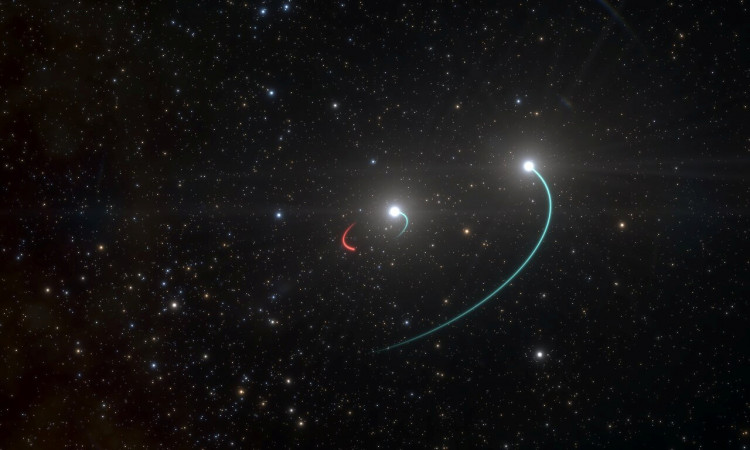One question that boggles modern science concerns the beginning of life and intelligence within the universe. In our Solar System, searches for extraterrestrial life yielded no results, and the remote detection of chemical biomarkers on exoplanets remains years ahead of present observational capabilities.
But we may have a rough idea as to how life and intelligence emerged outside of Earth, thanks to a new study published in the journal Proceeding of the National Academy of Sciences.
The paper's author, Dr. David Kipping of Columbia University and Flatiron Institute, used Bayesian inference, a statistical technique, to calculate the odds of life and intelligence emerging beyond our home planet.
In truth, we don't know anything about how frequently life and intelligence appear on worlds beyond Earth. What we know, however, is that life on our planet emerged early in Earth's long history.
As for the emergence of intelligence, it only started to materialize in the most recent chapter of Earth's biography, as evidenced by tools ranging from the first wheel to particle accelerators.
Dr. Kipping toyed with the idea of how frequently life and intelligence would emerge on Earth if it were possible to go back in time and then run it forward repeatedly. He came up with four potential answers:
- Life is common and so is the development of intelligence;
- Life is rare but the development of intelligence is fairly common;
- Life is common but intelligence is rarely developed; and
- Life is rare and so is the development of intelligence.
Dr. Kipping's estimates revealed that the odds of life being common were always at least nine times better than the odds of life being rare. On the other hand, how intelligence develops is quite different. The scientist believes that the emergence of intelligence is not frequent at all.
So if we were to apply Dr. Kipping's analysis to a much larger scale -- let's say the entire universe -- it means that many planets hold life, but these living creatures come in the form of microorganisms.
According to the scientist, his published study doesn't mean it's the ultimate proof of life and its abundance outside our planet, given we only know of life on just one planet, which is our own -- Earth.
What the study stands for is that we shouldn't doubt the existence of life in space.
"The search for intelligent life in worlds beyond Earth should be by no means discouraged," Dr. Kipping concluded.






